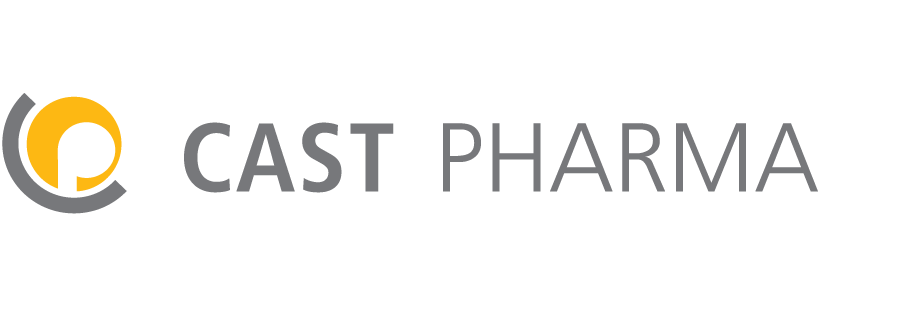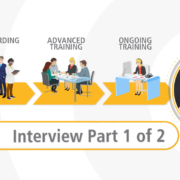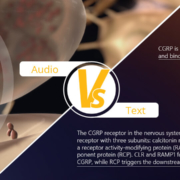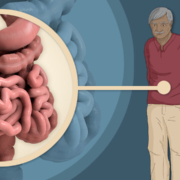How a clear structure helps to achieve a precise comparison
/in Medical affairs & medical marketing, Medical learning & training, eLearning & engaging activities, Scientific slide decks, Medical congresses & conferences /by Anita KunertToday’s slide compares two carbohydrate structures used to formulate iron-replacement therapies. The original slide gives a lot of information on the differences between the two structures and what that means, but there is no clear graphic structure showing a comparison.
Read more
How to effectively retain knowledge
/in Medical learning & training, eLearning & engaging activities /by Katrin Rudolf, PhDIt happens. Mixing up terms, stumbling over complicated phrases, or forgetting key information. Whether working in sales or medical affairs, it can be tough to remember all the details. The cost of forgetting can mean not being taken seriously by peers or even damaging relationships with KOLs. Read more
Reinforcement training tools: How to develop transferable knowledge
/in Medical learning & training, eLearning & engaging activities /by Katrin Rudolf, PhDLearning is not a singular event. It’s a journey. A crucial part of this journey is developing transferable knowledge that lets us apply what we’ve learned in many different contexts.
Learning facts, concepts, and terminology is the first step towards developing transferable knowledge. When taking this first step, learners may face these three challenges: Read more
Engaging eLearning tools with a fresh editorial design
/in Medical learning & training, eLearning & engaging activities /by Julia Reinhard, PhDEvery day, employees working in medical affairs use high-quality apps and read interactive digital publications with a sleek and clean design. They do all of this after they get home from work. And the next day the same employees go to work and sit in front of boring slides to learn information crucial for their profession. How design can engage or derail an eLearning. Read more
How to create an effective learning and development program for medical affairs–part 2
/in Medical affairs & medical marketing, Medical learning & training, eLearning & engaging activities /by Anja Kloss, PhDAn interview with Thomas Frei, executive creative director at CAST PHARMA
This is the second part of an interview with Thomas Frei, executive creative director of CAST PHARMA, offering insights into the learning and development (L&D) philosophy of CAST PHARMA. Read more
How to create an effective learning and development program for medical affairs–part 1
/in Medical affairs & medical marketing, Medical learning & training, eLearning & engaging activities /by Anja Kloss, PhDAn interview with Thomas Frei, executive creative director at CAST PHARMA
Learning and development (L&D) is something that accompanies you throughout your entire life. Learning for your career does not end with graduation or an academic degree. Read more
Don’t overload your learners: Getting rid of redundant explanations of visuals in eLearning tools
/in Medical affairs & medical marketing, Medical learning & training, eLearning & engaging activities /by Julia Reinhard, PhDCreating eLearning tools for medical affairs is a complex project. The scientific content needs to be carefully compiled and organized, and different theories about learning need to be considered in order to design a didactic concept. Read more
Laying the groundwork for a multi-unit eLearning tool for medical training
/in Medical learning & training, eLearning & engaging activities /by Julia Reinhard, PhDeLearning tools are important for pharmaceutical and biotech companies to provide their employees with the foundational knowledge they need for carrying out their responsibilities. Read more
Self-directed learning with PowerPoint: visually appealing and cost effective
/in Medical learning & training, eLearning & engaging activities, Scientific slide decks, Medical affairs & medical marketing /by Julia Reinhard, PhDTraining for Medical Affairs is always challenging—particularly in the onboarding phase, when employees with different knowledge levels start their jobs at different points in time. Read more
Visual stories for:
Output formats:
If you are looking for our animal health solutions, please visit our website
CAST ANIMAL HEALTH










